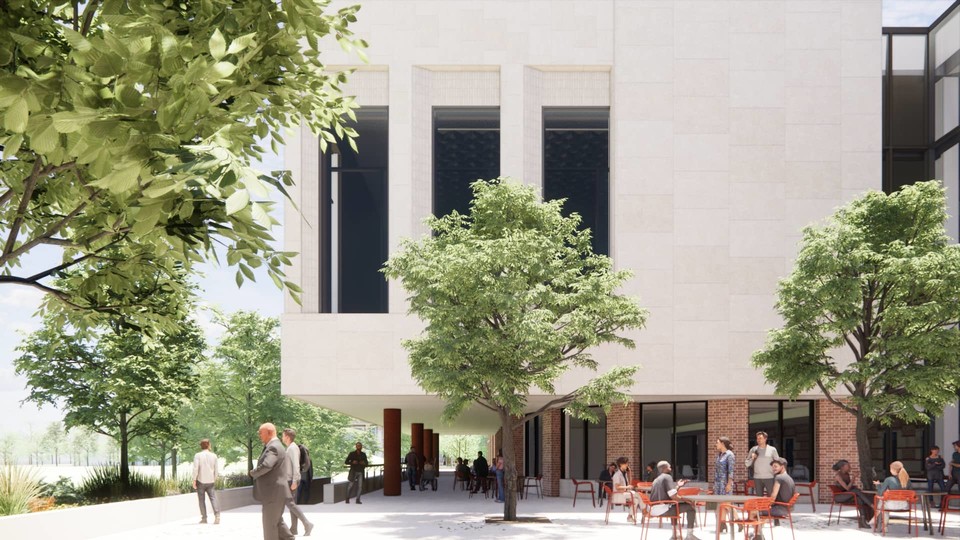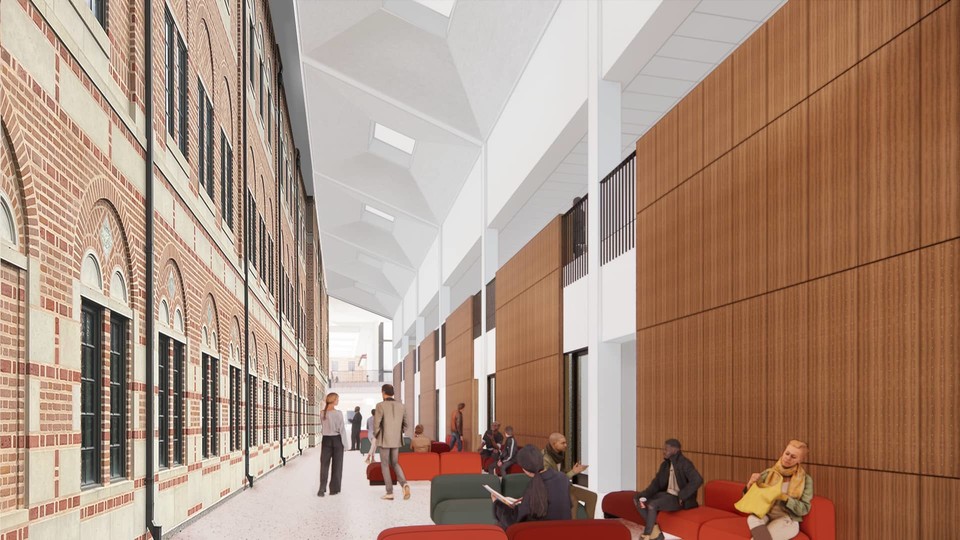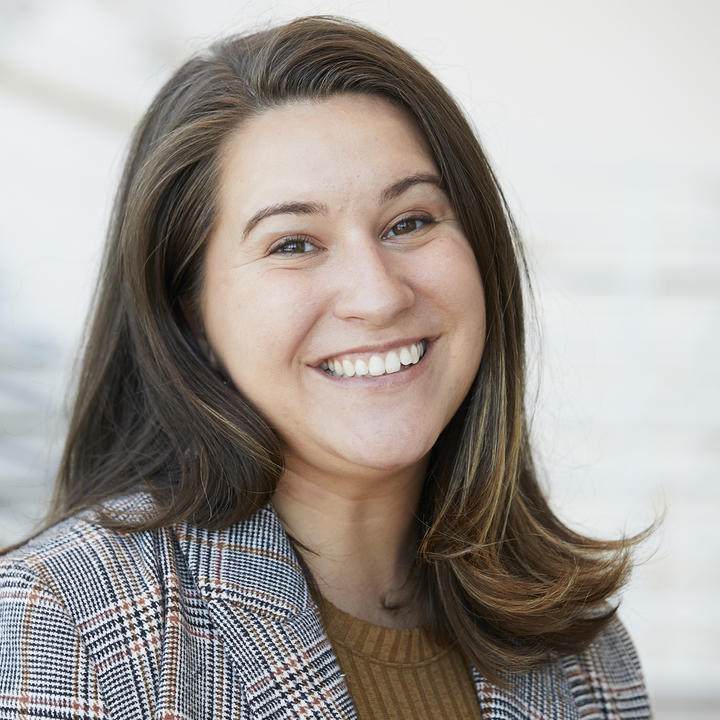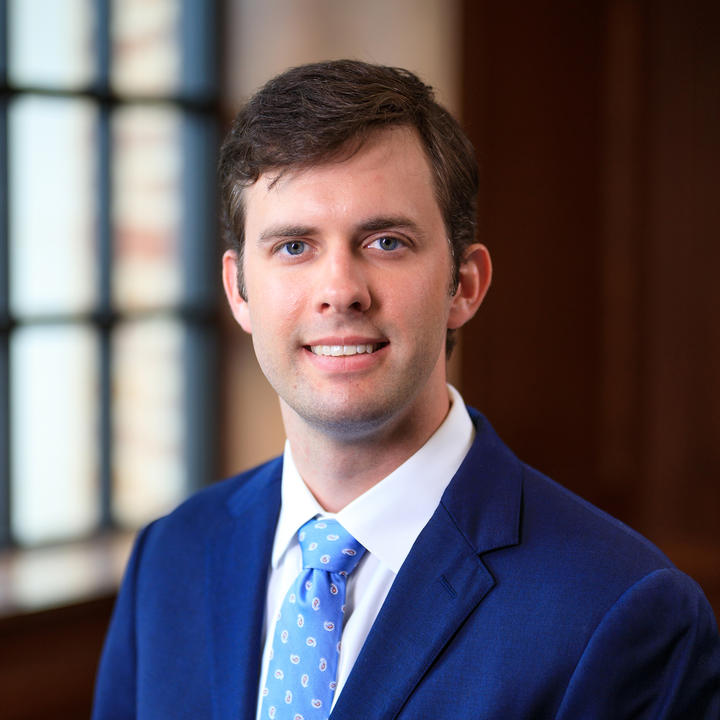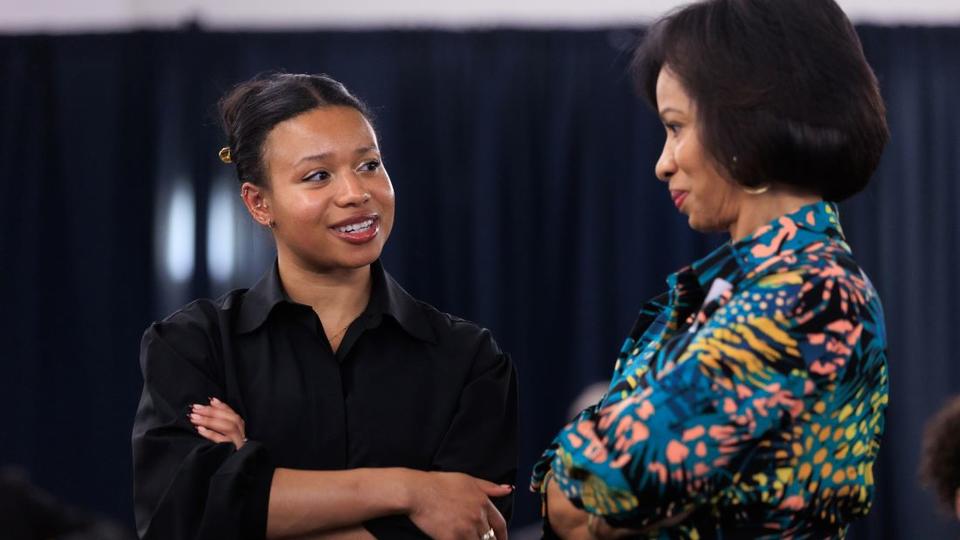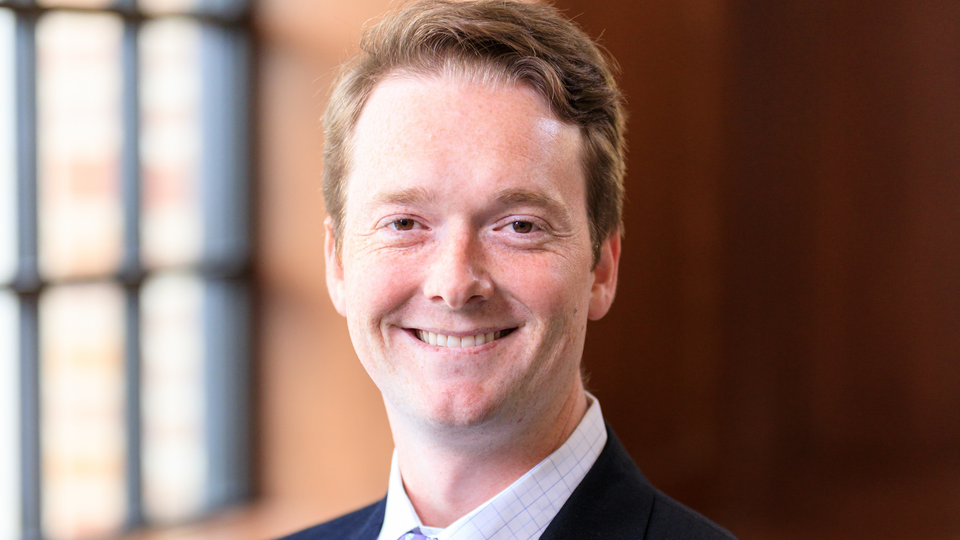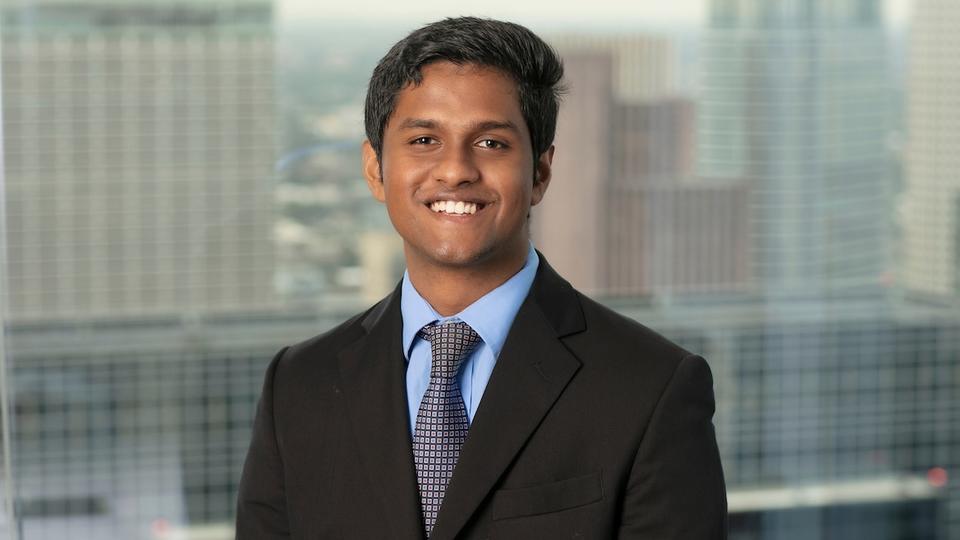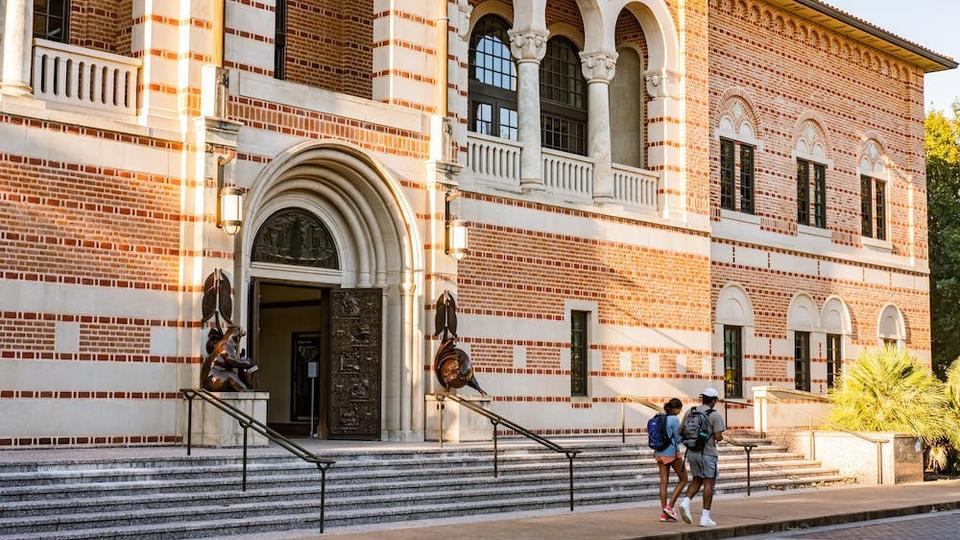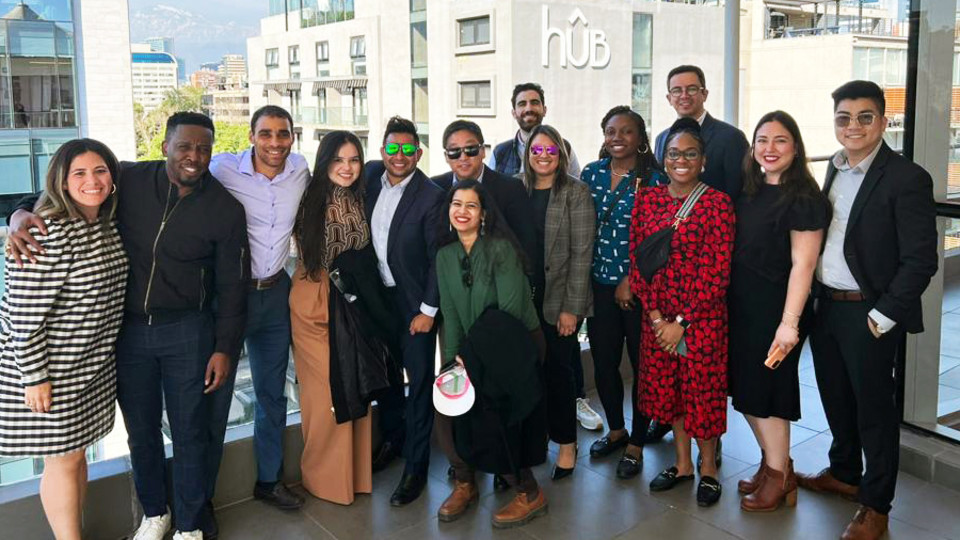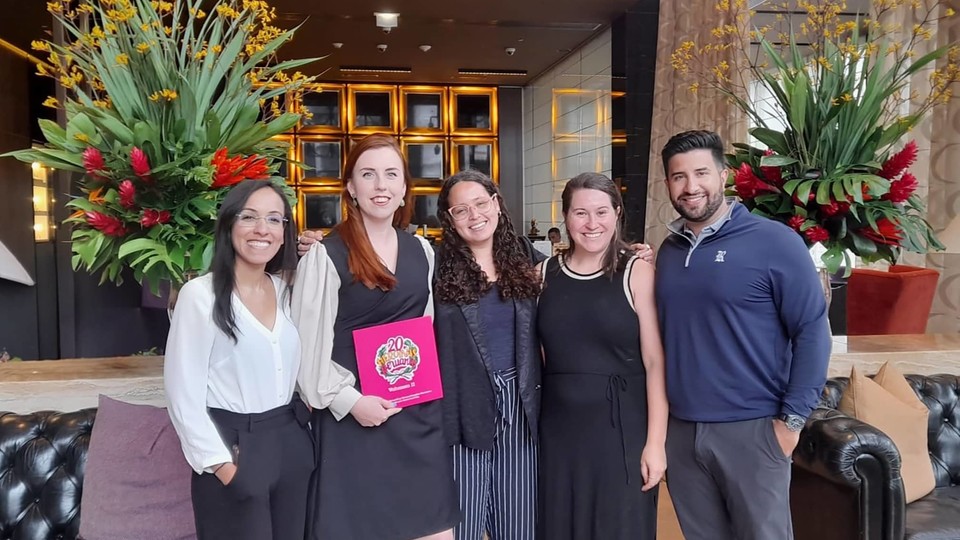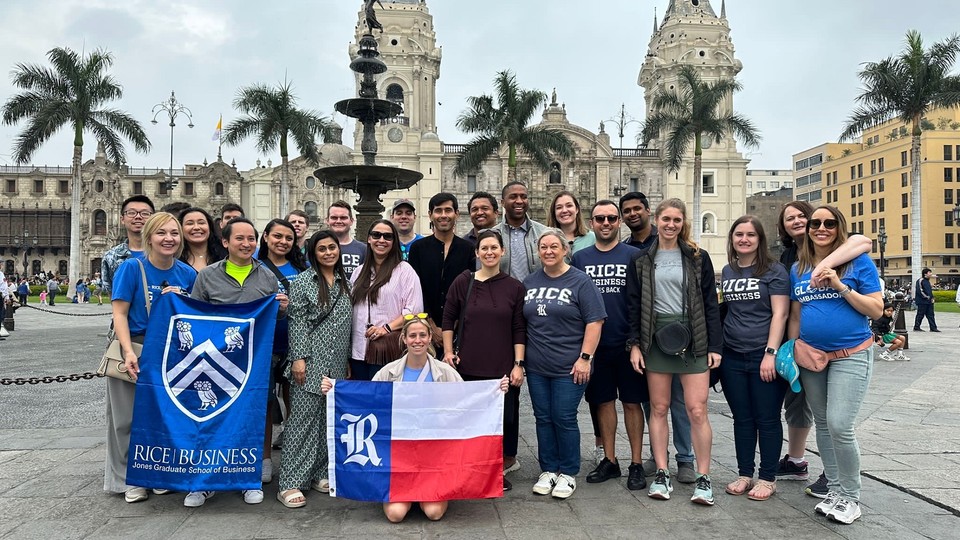Colorado Limits Plastic Bags, Boulder Expands Fees – But Do Bans and Fines Actually Reduce Waste?
The Conversation interviewed Eleanor Putnam-Farr, assistant professor of marketing at Rice Business and co-author of “Forgot Your Bottle or Bag Again? How Well-Placed Reminder Cues Can Help Consumers Build Sustainable Habits,” about the challenges of changing people’s behavior – even when their intentions are good.
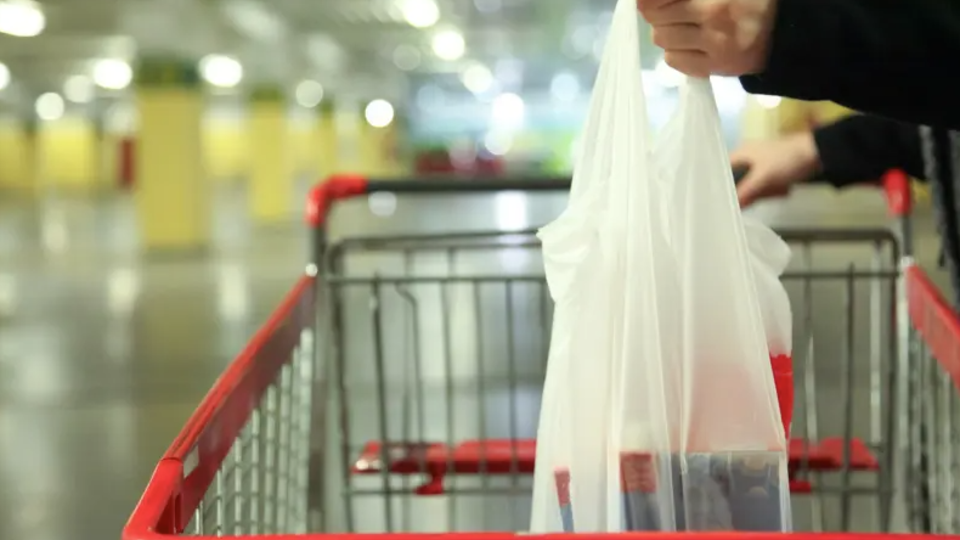
Rice University Wins $20K in John Lewis Racial Justice Case Competition at Emory
Rice University's team, Prosperity Without Prejudice, clinched the first prize of $20,000, spotlighting the event's impact on promoting racial and economic justice through innovative corporate strategies.
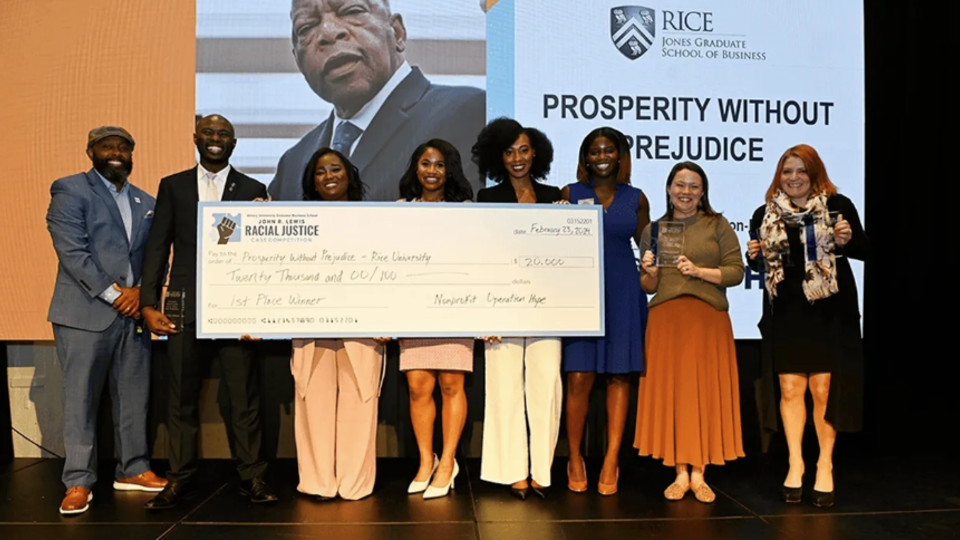
Public school enrollments will continue to decline unless they become customer-focused, Rice study suggests
According to a study co-authored by Rice Business professor Vikas Mittal, public schools can revitalize themselves by embracing a customer focus. “Ideally, every school’s customer should be the family—the student and their parents. Instead, leadership has become internally focused trying to appease different power brokers and stakeholders."
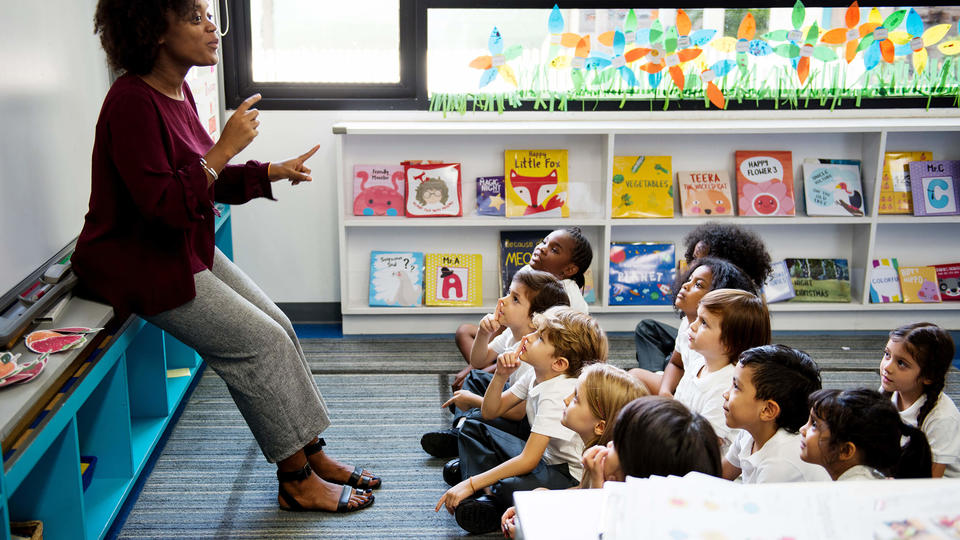
In September 2023, Secretary of Education Miguel Cardona issued a warning call stating “Public schools are approaching a ‘make or break moment.’” This week, several North Texas schools announced potential school closures and staff position eliminations. Nationally, public schools lost over 1.2 million students to private and charter schools over the first two school years of the COVID-19 pandemic with Texas witnessing a 2.2% decline.
Public schools can reverse this decline and revitalize themselves by embracing customer focus, according to a study of more than 10,644 K-12 parents by researchers from Rice University and the University of Texas at San Antonio.
The researchers conducted qualitative research with more than 200 school-district stakeholders (parents, teachers, principals, superintendents and other school-district leaders) and supplemented that with a nationally representative survey of K-12 parents. The study then collated the survey data with actual school performance outcomes including standardized test scores and school’s state rank percentile.
“Despite good intentions, superintendents, school boards and their advisors are caught in a vicious downward spiral of stakeholder appeasement, initiative proliferation and patchwork strategy based on salience and intuitive leaps,” said study co-author Vikas Mittal, the J. Hugh Liedtke Professor of Management-Marketing at Rice’s Jones Graduate School of Business. “Lacking a clear definition of customer focus, they continue spending money on wasteful initiatives and interventions leading to bureaucratic sprawl and a whirlwind of administrative requirements.”
According to students, parents, district employees and teachers, school district leadership lacks a clear definition of who is their customer.
“Ideally, every school’s customer should be the family—the student and their parents. Instead, leadership has become internally focused trying to appease different power brokers and stakeholders, including board members. Such schools give primacy to sports and extracurricular activities, endless interventions that act as band-aids to failing policies and initiatives designed to appeal to stakeholders who exert influence on the board and superintendent,” Mittal said.
Using statistical techniques that control for differences in race, gender and family income, the study found that parent value gets the highest lift from schools that have teachers who are attentive to children’s education, high academic and learning standards, engaging the community with a high degree of transparency, safe schools and an administration and staff that has humility when dealing with families. Schools that can prioritize these drivers of value not only have higher student re-enrollment and parental recommendations but also better standardized test scores and state rankings, Mittal explained.
“Superintendents privately recognize the power of customer focus, but they are often held hostage by board members and powerful stakeholders with private agendas,” Mittal said. “They want superintendents to continue on the same old path of stakeholder appeasement. After all, relentless spending on initiatives—programs, new software packages, additional trainings for teachers, emphasizing tutoring even as in-class teaching degrades, tracking metrics for the sake of data collection and reporting, more and new curricula and exams—creates an aura that ‘something is being done’ even as the status quo continues.
“To succeed, superintendents and school leaders need to embrace science and customer focus rather than continue to rely on stakeholder appeasement, equating strategy with interventions and relying on retired superintendents who bring the same old ideas to the table. K-12 schools have been doing the same things for the last couple of decades. COVID-19 ripped the wounds exposing the disease. Customer-focused strategy is the best way for K-12 schools to reclaim their health.”
The paper, “Revitalizing educational institutions through customer focus,” which is published online in the Journal of the Academy of Marketing Science, was co-authored by Jihye Jung of the University of Texas in San Antonio. It can be downloaded at https://link.springer.com/article/10.1007/s11747-024-01007-y.
You May Also Like
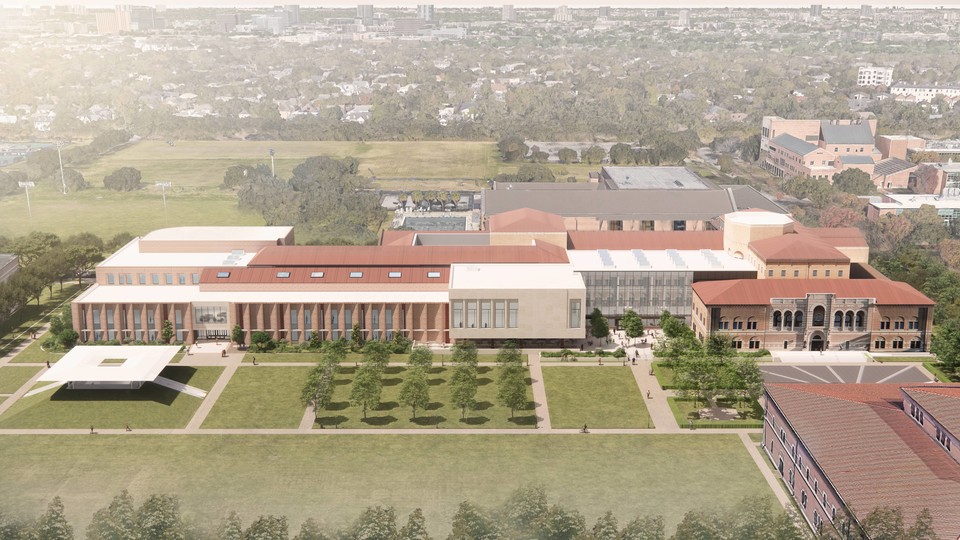
Houston’s Rice University already has one of the country’s top business schools, and a new facility could further enhance its lofty reputation. On Thursday, May 9, the school announced it had broken ground on a new, 112,000-square-foot building for the Jones Graduate School of Business.
Rice at ClimateCAP: Building MBA Skillsets at the Intersection of Business and Climate
The national summit is helping Rice MBAs ignite their careers in energy, cleantech and sustainability.
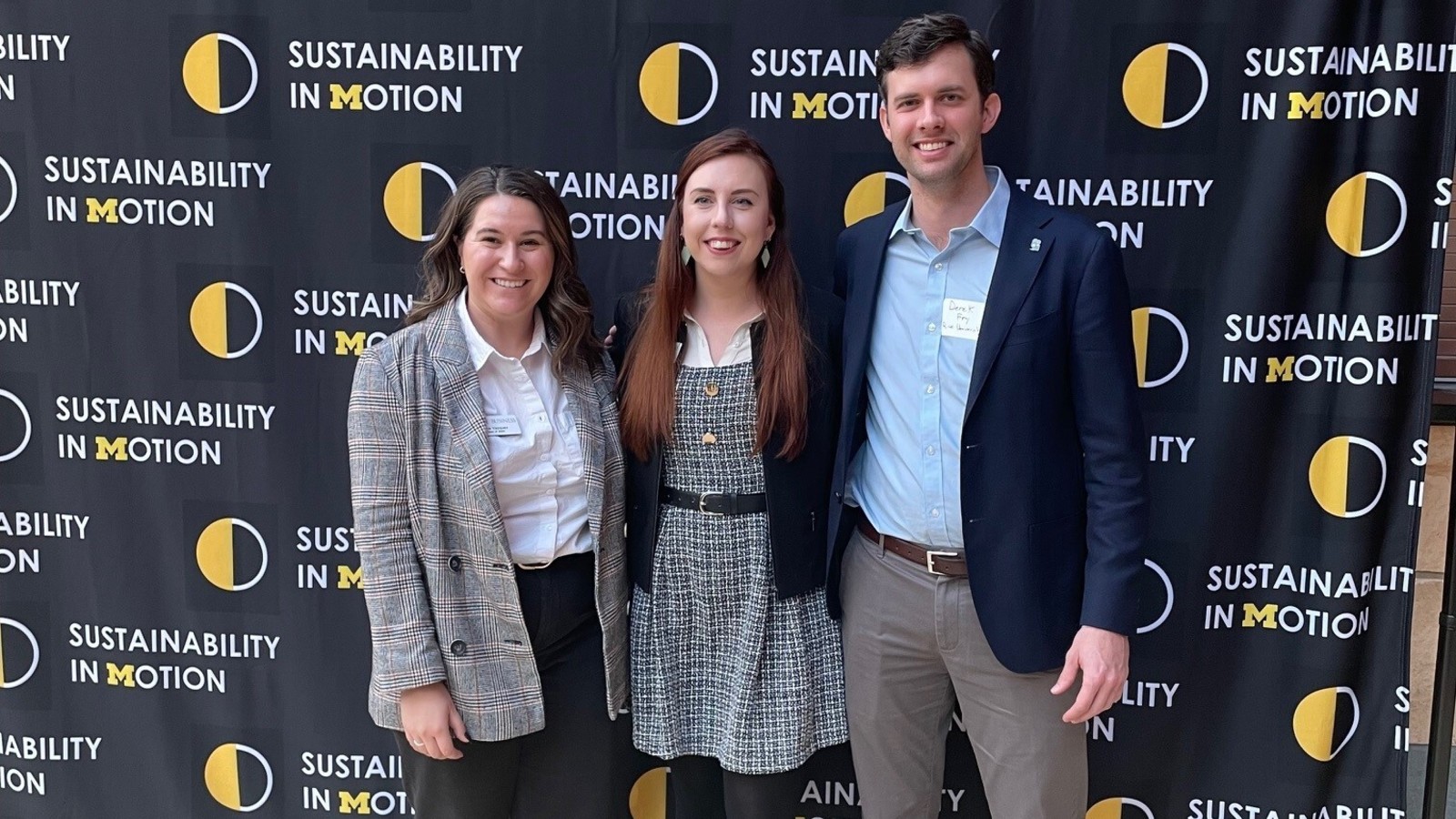
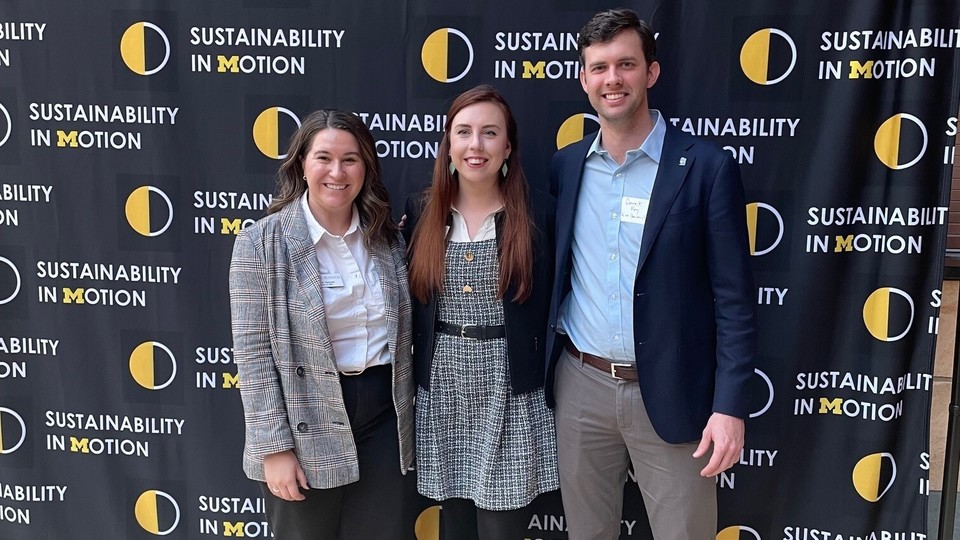
We recently returned from this year’s ClimateCAP Summit — the leading MBA climate conference, where students from top business schools gather to learn, discuss and collaborate on various issues at the intersection of climate change and business.
Many people are unaware of the networking and learning opportunities ClimateCAP offers MBA students, so we want to share a glimpse into our experience with a quick Q&A. You can learn more about us and the conference at our profiles linked below.
1. What is your area of focus? What are your post-MBA career goals?
Dana Vazquez: I am concentrating in energy and entrepreneurship. I will be working at Cisco Systems in their FLEX Rising Leaders program, with a focus on sustainability and governance.
Nikki Beittenmiller: I am concentrating in energy with a focus on public and private investment in energy transition across the energy value chain. After completing my MBA, I’ll be joining Quanta Services as a member of the energy transition strategy and corporate development team.
Derek Fry: I am concentrating in energy. My goal post-MBA is to secure a job with a renewable energy developer and operator.
2. How would you describe ClimateCAP, and why did you attend?
Dana Vazquez: Every year, MBAs gather at ClimateCAP to learn, discuss and collaborate on various issues at the intersection of climate and business. I love connecting with other MBAs and have found that ClimateCAP is one of my favorite events in business school! When I was coming for my MBA, I would see people in my network attending the conference and thought it looked like a great way to build my own expertise.
Nikki Beittenmiller: I followed ClimateCAP even before starting business school, and once I got to Rice I was excited to finally participate. The summit is an awesome networking and learning opportunity. The discussions and workshops helped me connect what I was learning in class to real-world business problems. Beyond the summit, ClimateCAP offers additional resources for MBAs interested in climate, such as their MBA Academy and Fellows program.
Derek Fry: Connecting with other MBAs with similar career interests was a lot of fun and coffee chatting with sponsors opened the door for potential job opportunities.
Interested in Rice Business?
3. Who were this year’s notable speakers? What are some of your key takeaways?
Dana Vazquez: There were many incredible speakers — but I have to say the ESG workshop with Professor Jerry Davis was a definite highlight! I loved his energy, wisdom and generosity. I also really enjoyed the fireside chat with Donnel Baird, founder and CEO at BlocPower.
Nikki Beittenmiller: Hard to pick from the phenomenal speaker lineup, but I was particularly invested in the panel conversation with Jeff Blau, CEO of Related Companies, and Ryan Brown, COO of energyRe. Every part of the energy transition relies on the buildout of new energy infrastructure, and it was exciting to hear about new transmission projects that are trying to accelerate that step in the process.
Derek Fry: The speaker lineup was impressive, featuring a diverse range of experts from the energy and climate arena. My key takeaway is that irrespective of one’s profession or industry, every MBA role can contribute to climate solutions.
4. What ideas relating to your career did ClimateCAP spark?
Dana Vazquez: I loved the discussion on “First of a Kind” (FOAK) technologies and how to finance their scaling efforts through non-dilutive funds. We heard from some incredible experts in this space, including Tadeu Carneiro, CEO of Boston Metal, and Terry Grant, vice chairman at Marathon Capital. It felt encouraging to hear these experts talk about the importance of FOAK technologies and how we can move them forward.
Nikki Beittenmiller: The conference served as a timely illustration of how industry-agnostic climate change can be. While the specific business implications may differ from one company to the next, the lessons learned in one sector can provide inspiration and models for others.
Derek Fry: I found the breakout panel on clean energy supply chains particularly interesting. It provided valuable insights into the sustainability and lifecycle of mining operations and explained the supply-side resource availability of rare earth metals critical to the energy transition. Resource availability is often framed as a crisis, but the panel did an excellent job at cutting through the headlines by thoughtfully explaining fluctuations in the rare earth metal reserves/production ratios.
5. Aside from ClimateCAP, how else can Rice Business students engage with climate action and sustainability efforts?
Dana Vazquez: Houston is an incredible space to explore topics around climate, cleantech, the energy transition and more. With great organizations like Greentown Labs, Center for Houston’s Future, and the Renewable Energy Alliance Houston, there’s plenty of opportunity to tap into our local community of best-in-class experts. I encourage everyone to get involved in local efforts however they can.
Nikki Beittenmiller: First and foremost, join the Rice Business Cleantech Association! Not only does the club offer great resources for Rice MBA students interested in embarking on climate-oriented careers, but it’s also a close-knit community of students pursuing diverse projects and extra-curricular endeavors with a climate and sustainability angle.
Derek Fry: Rice Business is also home to the Rice Cleantech Innovation Competition (RCIC), an annual student-run MBA case competition focused on decarbonization and clean technology investment. Finalists and event organizers have the unique opportunity to network with students from other top business schools and interact with professionals in the sector. The competition continues to attract teams from universities nationwide and generate increasing interest among sponsors.
6. How can ClimateCAP discussions be applied to entrepreneurship and business in Houston?
Dana Vazquez: We have an incredible technical community here in Houston. With many FOAK technologies being developed in large organizations, in schools and throughout the broader community, we can and should support entrepreneurs trying to scale climate technologies that can solve important problems.
Nikki Beittenmiller: Houston is already showing the world how diverse stakeholders can come together to collaborate and innovate on solutions for some of the toughest climate problems. It is so exciting to see energy majors supporting and investing in cleantech startups coming out of places like Greentown Labs. To put ourselves on track to achieve our climate goals, we’ll need to continue supporting this kind of creative collaboration across the industry.
Derek Fry: I think these discussions are already underway in Houston. At ClimateCAP, I honestly felt that the Rice crew was far ahead of the average attendee on most topics related to energy and climate. Houston is the intellectual hub for virtually every segment of the energy industry and has a high concentration of energy know-how ranging from engineering to finance. I believe the talent pool in Houston offers a competitive advantage for both entrepreneurs launching startups and for existing businesses generating cash flow, especially for those businesses working at the intersection of energy, climate, and business.
You May Also Like
Keep Exploring
Why Choose Rice for Your Master of Accounting Degree
The one-year Rice Master of Accounting (MAcc) program welcomes students from all undergraduate majors. Our intentionally small program ensures that you will get to know your classmates and professors well. You belong here!
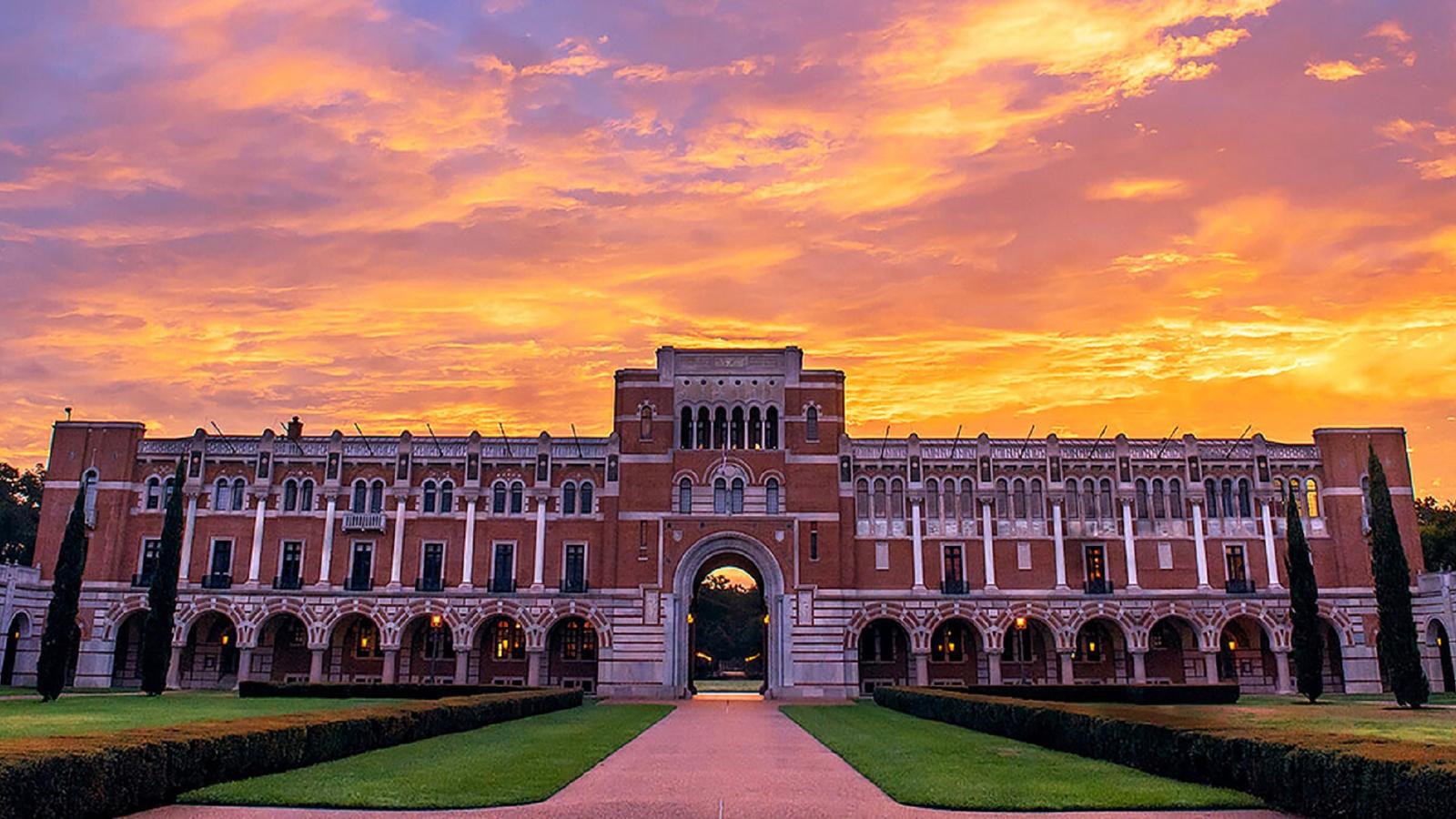
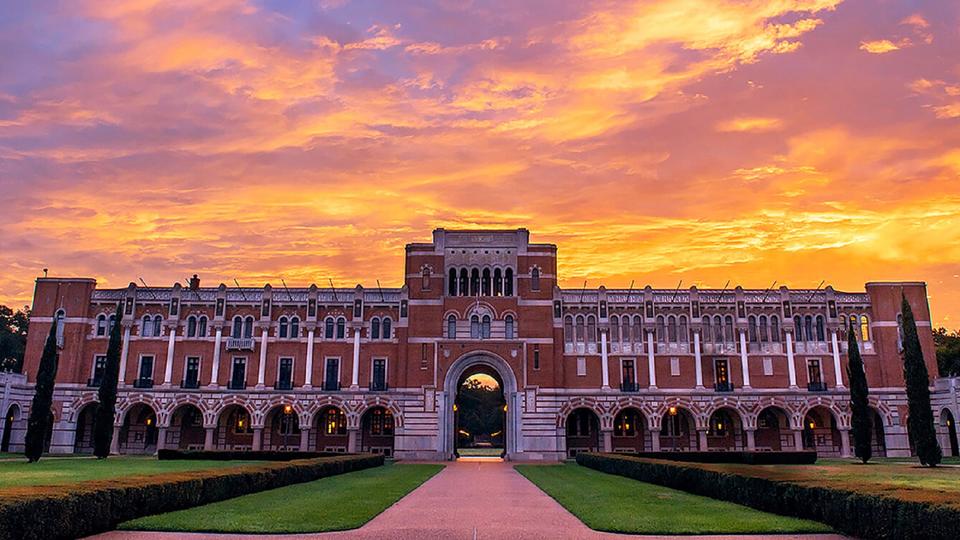
Why you should choose Rice for your MAcc degree.
Open to ALL majors
Our Master of Accounting ("MAcc") program is different than other graduate accounting programs. Rice Business has tailored the curriculum to students from varying undergraduate backgrounds. Rice MAcc students have undergraduate degrees in areas ranging from economics to music performance to English to engineering. This diversity in academic backgrounds creates a richer classroom learning experience for everyone.
Earn your degree in only one year
The Rice MAcc program requires only 10 months of coursework (August to May). In just one year, you’ll gain both the technical and soft skills needed to launch your business career. With a relatively small amount of prerequisite coursework, the Rice MAcc gets you educationally qualified to sit for the CPA exam through Texas and most other states. You will gain not only the knowledge needed to pass the CPA exam, but also an interdisciplinary understanding of how business and accounting interact.
Read our post on the MAcc & Excellent Job Prospects
Interested in Rice Business?
You're not just another number
In the Rice MAcc, you are part of a community. Our intentionally small program enables you to connect with your fellow students and your professors on a personal level. Faculty members know your name and care about your well-being. This tight-knit environment fosters enduring relationships and a culture of collaboration, which is key to your success in our fast-paced curriculum. Rice MAcc students are more than classmates — they're friends for life.
Student life at Rice Business is unique. The tree-lined campus and engaged student body lend themselves to close connections with other students. The entire school is housed in one building, so everything students need is nearby.
Welcome to Houston
Live, study, and play on a spectacular tree-lined campus nestled in the heart of the country's most ethnically diverse urban area: Houston, Texas. The fourth-largest city in America is home to NASA, Fortune 500 companies, the largest medical center in the world, and an unparalleled food scene. Come see why this vibrant city has attracted one of the most diverse populations in the country. You’ll fit right in.
Does this sound like something you'd like to be a part of? Reach out to us at ricemacc@rice.edu.
You May Also LIke
Real Numbers of MBA Admissions: Average GRE Scores by Top U.S. Business Schools
ClearAdmit gathered average GRE scores at the top U.S. programs from the class of 2025 to help potential applicants get a better idea of where they stack up against others.
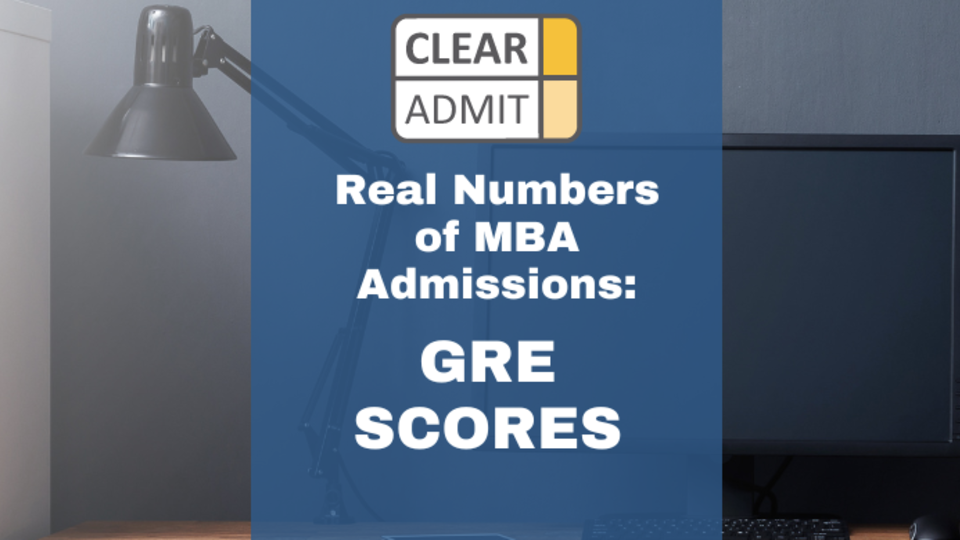
Making Room for Women Everywhere: A Recap of the 2024 Women in Leadership Conference
- Read more about Making Room for Women Everywhere: A Recap of the 2024 Women in Leadership Conference
More than 400 attendees gained actionable skills to challenge norms and elevate women.
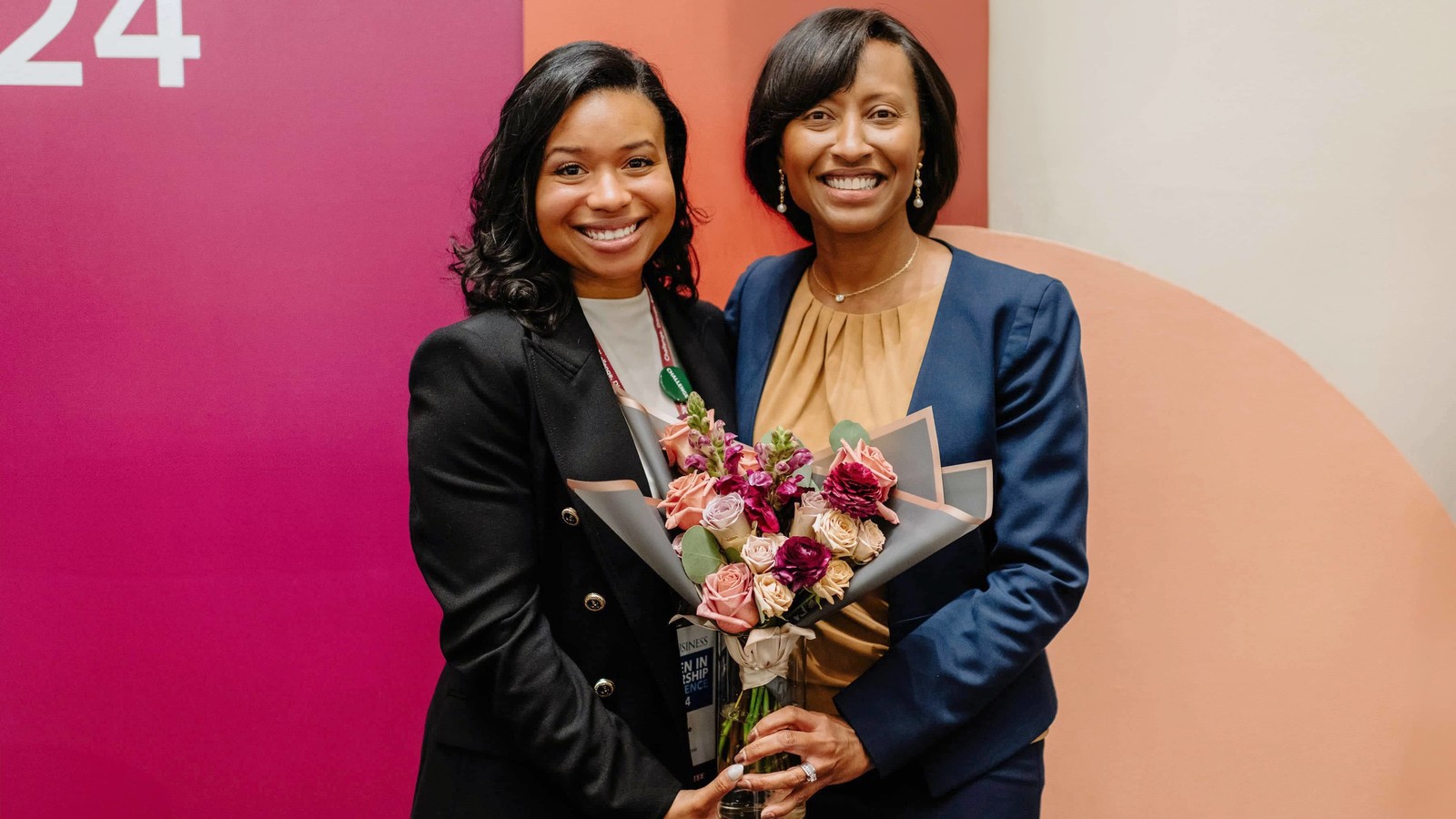
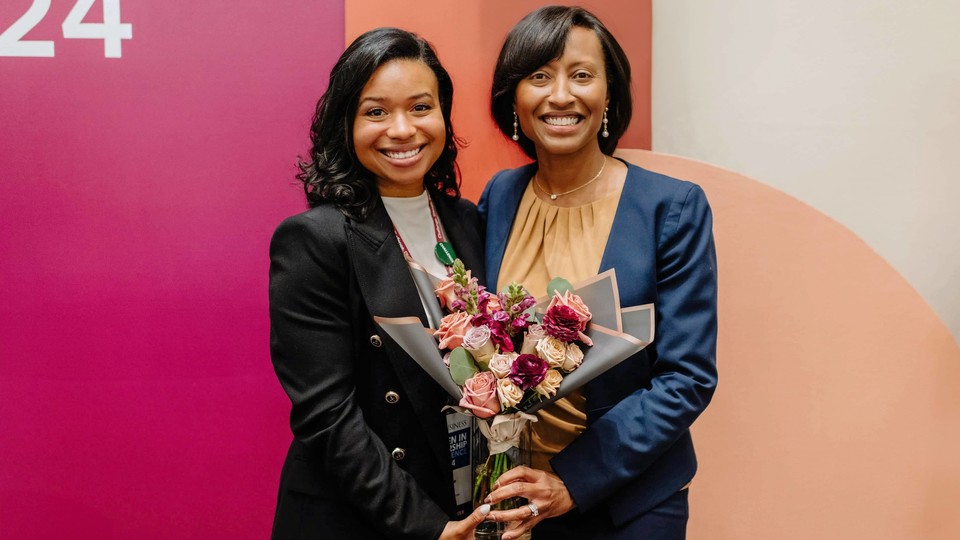
Last week, Rice Business students hosted the 24th annual Women in Leadership Conference (WILC) at McNair Hall. This year’s theme was “Challenge. Disrupt. Elevate: Making Room for Women Everywhere.”
The conference brought together over 400 attendees to hear from influential women leaders across various industries. Through panel discussions and interactive workshops, participants explored approaches to leadership, professional development and creating opportunities for women's advancement in business.
Interested in Rice Business?
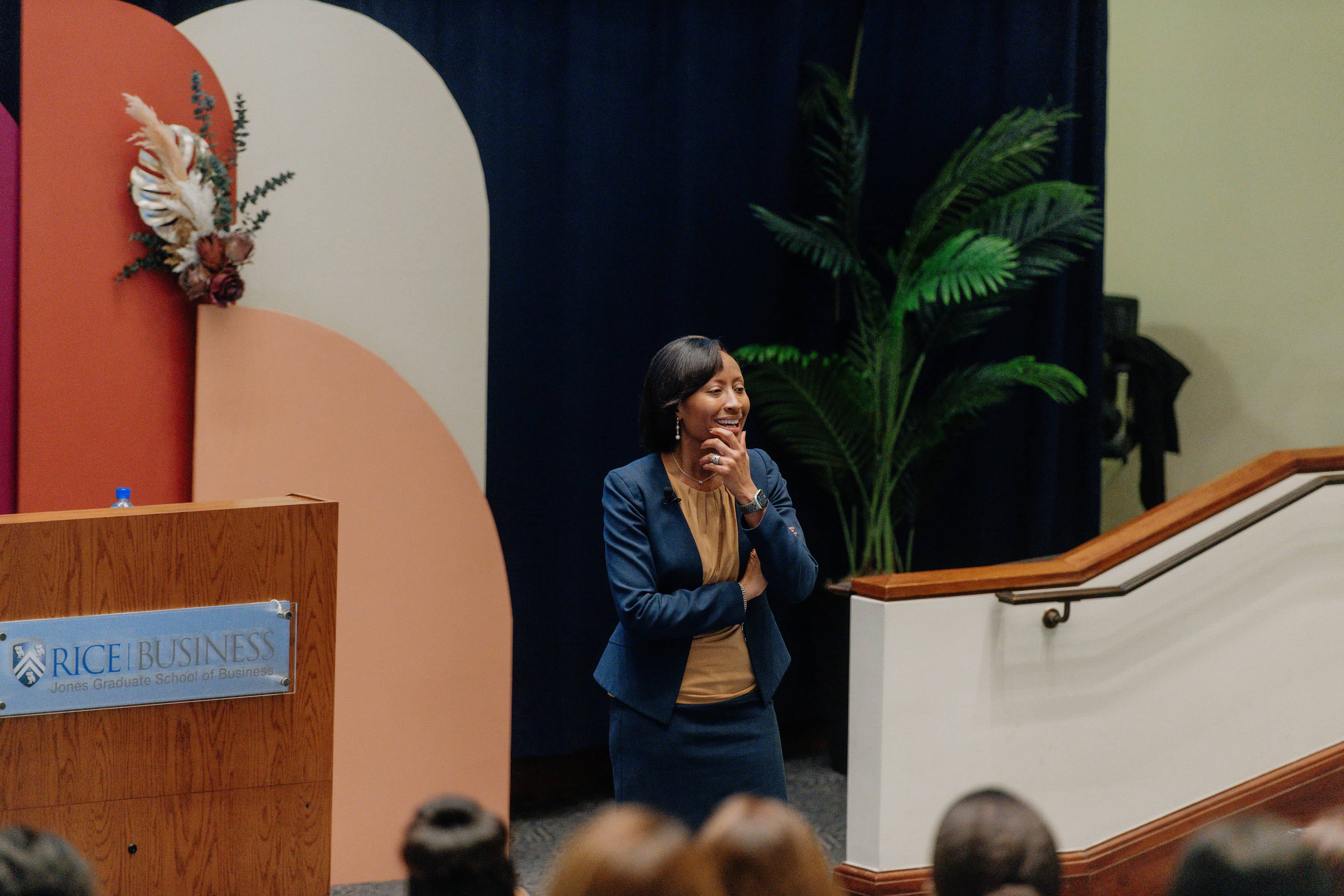
The day kicked off with opening remarks from conference president Adrienne Miller ’24 and Barbara Ostdiek, senior associate dean of degree programs. Keynote speaker Tandra C. Perkins, SVP and chief digital and administrative officer at Phillips 66, then took the stage to deliver an inspiring talk about embracing the chance to leave your comfort zone.
Morning panel sessions covered topics like pursuing entrepreneurial ventures as a woman founder, finding work-life balance and the impacts of Texas legislation on women. Panelists represented organizations like Chevron, EY-Parthenon and more.
Afternoon interactive workshops allowed attendees to gain hands-on experience with negotiation tactics, executive presence, coaching skills and attracting diverse talent. Rice Business professors and directors led several sessions.
To close out the event, Kelly Rooney, senior vice president of Waste Management, delivered an empowering keynote speech on the multi-generational workforce and the dynamics, challenges and opportunities that come with working across generations.
Participants left feeling invigorated and equipped with new skills to challenge norms, disrupt the status quo and elevate women in their workplaces. The WILC organizing committee is proud to have hosted such an inspirational and educational event for women leaders.
You May Also Like
Keep Exploring
Navigating the Energy Transition feat. Diana Khandilyan ’20
Season 4, Episode 10
The geophysicist, energy transition advocate and 2023 Rising Star Award winner talks about her background, two decades of experience in the international oil and gas industry, transition to renewable energy and current role at S&P Global.
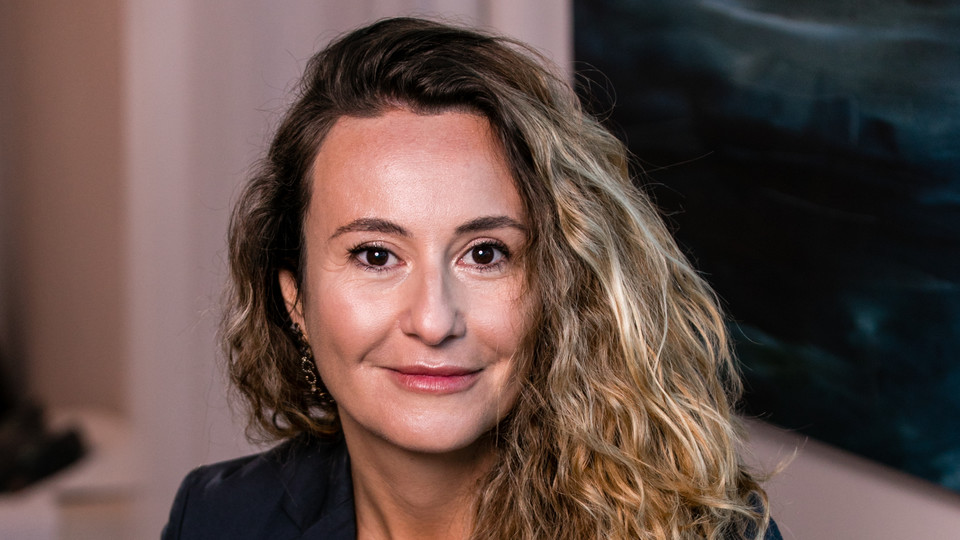
Owl Have You Know
Season 4, Episode 10
Diana Khandilyan is an energy industry expert who dedicated more than 20 years to the international oil and gas exploration industry, focusing on emerging technologies, process optimization and corporate sustainability. The energy transition motivated her to pursue an MBA degree from Rice Business to explore the business viability of emerging trends, followed by immersion in clean-energy technologies.
The geophysicist and energy transition advocate joins host Maya Pomroy ’22 to discuss her 20+ years in the international oil and gas industry and her transition to the renewable energy space.
The 2023 Rising Star Award winner talks about growing up in Armenia and Russia. She also dives into her newest position and the integral role Rice Business has played, and continues to play, in her life and career.
Subscribe to Owl Have You Know on Apple Podcasts, Spotify, Google Podcasts or wherever you find your favorite podcasts.
Episode Transcript
-
[00:00]Intro: Welcome to Owl Have You Know, a podcast from Rice Business. This episode is part of our Flight Path Series, where guests share their career journeys and stories of the Rice connections that got them where they are.
Today's guest on Owl Have You Know is professional MBA graduate, Diana Khandilyan. The geophysicist and energy transition advocate talks with me about her more than two decades of experience in the international oil and gas industry and the catalyst of her transition to the renewable energy space. The 2023 Rising Star Award winner also talks to me about her unique background, her newest role, and how Rice Business has, and continues to be, an integral part of her life.
[00:42]Maya: Diana, we're thrilled to have you here today.
[00:44]Diana: Thank you for having me. This is exciting to be on this channel. I hear… I listen to this channel a lot, so…
[00:51]Maya: I'm very excited. You have definitely spread your wings, your Owl wings, and been flying since you graduated in 2020. I know that's corny, and I don't think I've used that one yet. I guess that you graduated right in the midst of when COVID was ramping up.
[01:07]Diana: Yeah.
[01:08]Maya: Tell me about that.
[01:08]Diana: Yeah. It was very interesting. I always say I don't even have closure yet, because Rice MBA, it's a grind. We learn a lot. It's fantastic opportunity. It's great to expand your horizons to the heights that you don't even imagine. However, I was waiting for that graduation so badly. And basically, we didn't graduate, right? Because we have this online graduation. So, COVID hit us at the last month only. So, it was not that hard on the academic point of view, because everybody was sent home, I think, somewhere in April, and we graduated in May, right? So, that was not hard. But not having this graduation experience, I think it's still daunting on me, because all 2020s they were invited to walk with the 2021s, but I couldn't travel. I was abroad.
[01:57]Maya: Yes. Well, maybe we can figure out a way to fix that. I don't know. Maybe, we could talk to Dean Rodriguez and we can, we can see what we can do about that. So, your background, you're actually a geophysicist.
[02:09]Diana: Yes, I was a geophysicist for over 20 years. I work in six different countries, across-the-globe projects. My main specialization for the last 20 years of my first career was in deep offshore exploration. And it's a lot of fun.
[02:26]Maya: What did you enjoy the most?
[02:28]Diana: Maybe, it will not sound right, but I like chaos, I like not knowing what the day brings. And this is what exploration is. You never know. You go to work and there is something new and you need to run, do something, talk to this partner, talk to that vendor. And being out of comfort zone was my comfort zone. So, it was fun.
[02:48]Maya: So, excitement. You thrive on excitement and the unknown.
[02:52]Diana: Yeah, and thinking out of the box, you need to bring a lot of ideas in and think differently and connect people that probably didn't think they would be connected. And doing projects with your eyes closed, basically. The uncertainty level is very high in deep offshore exploration.
[03:08]Maya: Yes. Full disclosure, my grandfather was a geophysicist as well. I think those genes, kind of, skipped my generation. So, you're originally from Armenia.
[03:17]Diana: Yes, I was born in Armenia. When I was a teenager, you know, we had very, very rough times. First of all, the Soviet Union was broken. We had a war with the neighbors. And the situation in Armenia was very bad. So, my family decided to move to Moscow. This is where I went to school. I went to university, get my bachelor and master degree.
As an explorationist… and I didn't have those genes whatsoever. We had very traditional Soviet Union family. My mom is teacher, my dad is engineer, right? But I somehow got this bug, this romantic geo bug, and I found work in Argentina in 2005. And I moved there. And since then, I'm working around the globe.
[04:03]Maya: What did your family think about that?
[04:06]Diana: I think they like it because they got to travel, right? They got to travel. They got to see me. They've been to so many countries that otherwise they probably will never be. My daughter probably hated me for most of the part, but now she's good.
[04:20]Maya: How old was she when you moved?
[04:21]Diana: She was three when I moved to Argentina.
[04:23]Maya: Okay. And so, that was in ‘05. So, it's…she's a grown up now.
[04:27]Diana: She's 21, yes. She's 21, graduated from university, but she also has this explorationist spirit, although she's not in oil and gas at all. But I think it somehow prepares you for life.
[04:39]Maya: Absolutely. So, you have a BS in engineering and geophysics and an MS in geology and minerals. And can you tell me, because you said that you got that bug to study geophysics and that transitioned into oil and gas and how those two industries intersect. So, what was that bug for you? What was it that sparked that desire?
[05:00]Diana: I think, when you are 16 years old, as I was when I got to university, the sheer understanding that we live on earth and we know nothing about it and what is it underneath and how to, and how to investigate, like, as a scientist, you want to understand, right? You want to understand it all. And there is no other way to understand it than being geophysics, than doing geophysics and being geophysicist.
[05:29]Maya: Yes. And so, during your time when you were studying this, did you have any mentors that stood out for you?
[05:36]Diana: Like, it was very different times, right? We're talking about ‘90s and we're talking about ‘90s in Russia. So, these concepts of mentorships, they were not there. What we had is a teacher, a professor or assistant professor, who would be going an extra mile and helping us to understand the world and getting us the work.
And I did have one, yeah. Grigory Artavazovich Karapetov was my geophysics professor. She helped me to get my first job. And I'm immensely thankful for that, because it was 1998, so I was still a student. Today, it will be called internship. We didn't have these things at the time. But it was during another oil and gas crisis, prices were very low, nobody was getting jobs. But I got it, and that shaped all my career. So, I'm very thankful.
[06:25]Maya: So, you've been in the international oil and gas exploration industry for 20 years, and you've been focusing on emerging technologies, process optimization, and corporate sustainability, which is exciting and also rare for a woman to be in this field. So, tell me about how you have jumped in with both feet into this new technology and into this new space.
[06:50]Diana: I realize it's rare when I get to United States, frankly. In my background, although, Armenia is very patriarchal country. You know, my dad was an engineer. He had two girls. So, he got to treat us as engineers. We had a lot of fun doing whatever we were doing. I never felt like because I’m a woman I cannot do something. It was never on my radar. And maybe because I didn't think that the people around me who I work with, they didn't think that either. I’m just able to filter out whatever things that would be offensive or would be sensible for other people. You just learn to do that, I guess, and push forward.
But frankly, I do hear a lot that women in STEM, especially women in geophysics, it's rare. In my university, we were 50-50. It would be good to check how many of my classmates went into geoscience, like, my friends did actually. But overall, I don't, I don't think it's that rare.
[07:54]Maya: I agree, because both of my grandmothers were both scientists as well. And that wasn't even something that crossed their mind. There was no disparity with regards to gender.
[08:04]Diana: Yeah. I guess what we are hearing today more and more is that, when you get to a certain level, going up, like, going to executive leadership and getting to those jobs, it's a little bit harder. And I would agree with this. Yet, my grandmother, she was a very high-level executive in Armenia at the time, but maybe she just was that smart or that lucky. I don't know.
[08:28]Maya: Maybe both.
[08:29]Diana: Maybe both.
[08:32]Maya: So, you are, you actively serve on the LeanIn Energy & Sustainability committee, which tries to have more women in the industry. Can you tell me about that?
[08:44]Diana: They want to empower and give women voice. It is interesting because we talk about how underrepresented we are. However, the linear network grew fantastically rapidly in just a year. So, are we really underrepresented or we just need more? And that is very good question, I think. At least, that's my question.
[09:09]Maya: And so, how did you actually start working in the energy transition?
[09:14]Diana: Back another year, maybe. And in 2016, we had another…oil and gas industry is very cyclical. So, in 2016, we had another crisis. Oil prices were very low. Companies were struggling. Deep offshore exploration is incredibly high-ticket endeavor. So, many projects were being cutting out. And I started to think about, well, why it is happening, what is happening, and what will I do? Because I'm still young, I still have a lot of ambitions. And if I cannot do this, what else I will be doing?
That motivated me to go to Rice, because I thought, it, kind of, doesn't matter how good you are at what you do. You need to understand what is happening across the industry and what is happening in the world as a whole as well.
So, several interesting conversations we had during the class with our guest speakers, with our overall, the macroeconomic overviews, that made me understand the trend towards energy source diversification. And if that is happening, then inevitably there will be new opportunities where investment will be going instead of coming to oil and gas.
So, it was driven by old follow the money situation. And if the investors are thinking and investing in sustainable projects, in green energy, or any other options rather than oil and gas, then probably this is where I need to be.
[10:45]Maya: So, what made you choose to go to Rice? Because you've traveled all over the world and worked in all of these phenomenal countries. And so, what was it that drew you to Houston and to Rice? I mean, obviously, oil and gas industry, energy is here. Were there other places that you were considering?
[11:04]Diana: I did. I did consider going to Sloan. My daughter always said that I'm just such a nerd, so MIT was appealing to me. But as you said, I was in Houston. I was working full time in Houston. And the idea of doing hybrid or online, 2018 nobody thought about it, right? It was completely unappealing. I needed to be in a class. I needed to be motivated by other students and professors. So, it should have been in presence.
Traveling every weekend, also another thing, because I have a daughter and she was at a high school at the time. So, I had to be mom at least a few minutes a day.
[11:44]Maya: A few minutes, that's good. That's good.
[11:46]Diana: Yeah, that was my goal. And Rice was the best there is out there in my immediate proximity. And I actually, I'm very happy I went to Rice. I'm very happy with the quality of professors that we have. I'm very happy with the network that Rice is creating, the spirit of camaraderie, you know. I'm reaching out…different reasons. I was reaching out to Rice alumni, young and old, I mean, graduated earlier or later after me, and it's always very welcome. They are always happy to help. So, it's not only the level of education that Rice is giving us, but also fostering this camaraderie and “trying to pay forward” sentiment, which is very appreciated.
[12:30]Maya: Yes, and it's a community for life that you're going to have, which is incredibly valuable.
[12:36]Diana: Also, I think it's very interesting. And coming from my background, it's very unusual that you can just send an email to a professor and they will take time to respond, right? Maybe, it's normal in the U.S., but I assure you, not anywhere else.
[12:49]Maya: Any big surprises, anything that you weren't expecting?
[12:53]Diana: Oh, I was expecting none of it, like, nothing. I was expecting... I mean, I'm an oil and gas geophysicist, right? What do I know about… I don't know economics. And interestingly, because geoscience is very technical but it operates with a very high degree of uncertainty, it does employ a lot of principles that other professions do in different way, right? We get it. We digest it, like, operation efficiency. Even some economic principles, we digest it. But optimization and all the things like that, supply chain. We do need to factor it, understand it, and digest it. But we know it within the premises of our profession.
When you start to look at it as a whole, you start to understand that, oh, geoscience is not limited. It's not just, “We are so technical we can do one thing.” We can actually do many, many things. And this would be probably, if any other prospective students thinking about changing their profession, thinking about…that they are very technical, as I was thinking before, you are not. Please don't be discouraged. You will, you will learn… 99% of things you will learn is new. But the application of the things that you will learn, you are doing it today.
So, this will just help you and expand your horizons, but it will not be completely pushing you towards the unknown. So, don't be discouraged.
[14:18]Maya: Right, take that leap. So, I think you just answered my next question, but maybe we could elaborate more on it. How has this MBA helped you in your career since you graduated in 2020?
[14:29]Diana: My life is different because I can bring concepts, strategy, economics, planning, understanding the weaknesses and the strengths of absolutely everything that I'm doing today. Those frameworks that we had to repeat over and over in class from different perspectives, they stuck to me.
And if I am organizing events, I need to think about customer-centric approach. If I am, if I'm talking to clients, I need to think about, how do I resonate on their pain points? And this does help. There's a necessary need to help you only in your profession, right? That helps you to communicate with peers. It helps you to talk to, I don't know, even at the happy hour. If you go to happy hour knowing what the happy hour is about, you can spend five minutes preparing and your connections will be quality connections. They're not just drinking.
[15:23]Maya: Surface level.
[15:24]Diana: Not just drinking, which is also good. You can cut this.
[15:27]Maya: Yeah, no, for sure.
[15:28]Diana: You can cut this part off.
[15:30]Maya: Well, Rice has… yes, Rice definitely has some exciting social events, you know, that I love to partake in. I wish I could partake in more, but I also am a mother and my kids are younger. And so, I really can't take that time off. So, I'm envious of the ones that can, the ones that have older kids and the ones that still haven't started their family. We have that WhatsApp chat where it's like, “Hey, you know, who's in South America? Who's in Argentina? Who's…” You know, you can connect that way. Such an inspiring thing to see, that no matter where you are in the world, there's a Rice Owl that's nearby.
[16:07]Diana: Yeah, that helps. And also, because… I mean, we are small school, but we’ve probably been exposed to different industries. Although, Houston is very oil and gas and medical field-focused, but you'll be surprised how many different professions I encountered in my class. Like, I never knew what they were doing, and now I know.
[16:30]Maya: Right. No, I felt the same way. And it's, you know, the collisions that you have with people. And Rice really gives people from lots of different backgrounds that opportunity to connect with people that are in medicine and in energy and in lots of different fields and supply chain and consultancy and everything else.
[16:48]Diana: Yeah, absolutely. And another thing that I discovered in Rice is, of course, at work, you are surrounded by smart people, educated people. In our profession, almost everybody has master's degrees. Many have PhDs and other professional associations, right? But what I found very interesting in Rice is you can talk about different things. Our conversations are around the things that we are living daily. And being able to talk about Netflix book or talk about somebody's experience and how they organize, whatever, team building event, I don't know. It's just fantastic to be surrounded by smart people and this feeling that you can learn, like, even in a casual conversation, you can learn something. I think that, for me, it is unprecedented.
[17:40]Maya: Well, and you are so incredibly humble. And I am going to give you a shout-out for an award that you won, because you did stand out. So, in 2023, you were given the Rising Star Award. You were the winner of that award at the alumni reunion as an energy transition advocate. Tell me about that award, because I listened to your speech and you mentioned that it, sort of, came at a midlife crisis, I guess, for you.
[18:05]Diana: Yeah, you could say. Yeah, definitely. I was at my midlife. My daughter was graduating from school. I just have one daughter. The industry that I dedicated so much time was in shackles as well, right? So, you can definitely say midlife crisis.
[18:23]Maya: But that's exciting, you know, to be recognized, because, like you said, there's so many phenomenal people in every class, that you stood out. So, congratulations on that.
So, now, you have a new role. You're at S&P Global working in energy transition and development. So, what are your, what are your new responsibilities? And why did you decide to take on this new role?
[18:45]Diana: First of all, I heard a lot of good information about S&P, how they treat people, the environment that they create, which is very welcoming. And we have a couple of alums from S&P Global actually as well. So, that helped, connecting with them and having this inside story also helped a lot.
My role is exactly what I wanted to do, so it worked out fantastic. Because this intersection between business development and being specialist, where I need to know, at the technical level, what the energy transition is, and it's such a broad thing, right? So, we can include green technologies, we can include decarbonization of oil and gas industry, the hydrogens, ammonia, wind, solar. Like, absolutely anything can be part of this transformation, on one side.
On the other side, I do need to know all the business components, which Rice education helped me a lot, because, again, when I'm talking to clients that are very…from consulting companies, to oil and gas companies, to service provider companies, I do understand what it is important for them. And I can communicate at that level.
I'm still starting. So, ask me in a year maybe how I'm doing, but for now it's very exciting.
[20:02]Maya: It is exciting. And so, tell me what you believe the current landscape of the energy transition is right now. Because it's relatively in its infancy, so what's the current landscape?
[20:14]Diana: I think we went from… and I probably will use this word of “hysteria,” of completely going green on everything, to realize that it is not sustainable for the world as it is, right? So, think about it. The energy demand will be growing four times by 2050. Today, depends on the estimation, but overall, globally, the oil and gas or fossil component of that energy mix is about 60 to 75%, right? The target to 2050 is to get to 30-35%. And again, don't quote me on these numbers because it might change from estimation to estimation. However, these are the figures. We want to go from 75 to 30.
[20:58]Maya: There's the Paris Agreement, to be net zero by 2050.
[21:01]Diana: Yes. The thing is, because the energy demand will grow about four times, then what it is 2018, like, baseline 2018, so, pre-pandemic levels? In terms of barrels, how much oil and gas will be produced or should be produced by 2050 is actually more than today.
So, the mix—the oil and gas mix—will be significantly smaller because we need to grow alternative sources. We need to grow wind and solar and bio. We need all of them. However, in terms of barrels of oil and gas, it actually will be more than today. And this is something all the companies, oil and gas companies, small and big, started to understand.
And they are, instead of completely shifting to do something new, they are starting to think, how can we do what we do best in a better way? How can we decarbonize? How can we provide the world with the energy they need but decrease the carbon footprint? I think this is where we are right now. We need to supply power to the world. How can we do that in a better way? And we need all sources there.
[22:06]Maya: Yeah, and in a more efficient way. And that, sort of, leads me to asking you about the role of AI. And I know that that's also been a big buzzword, and AI is now playing an important role in the energy transition. And so, how do you see AI transforming the energy industry?
[22:26]Diana: I see AI helping us a lot. And I know there is a sentiment around my colleagues that AI will take over our jobs, right? But I, kind of, disagree with it. And I will give you this ChatGPT example. And I'll use this example for my university experience from other countries rather than U.S. And maybe UK can be also in this category, U.S. and UK.
So, if you go to universities elsewhere, they still foster this academic environment where you have to learn something, elaborate on it, do exams, maybe write essays. But it is all around the certain topics in a certain way that it is brought up by professor or by the program, right?
In that sense, we should be worried with the technologies at ChatGPT, because it can write fantastic essays. And it can write it better than I can, 100%, especially today, after so many years, I don't even know which language I speak better, you know. So, it's more or less okay, but none of them are perfect. So, I would go to ChatGPT and say, “Okay, this is what I wrote. Please, put it in the academic language,” and it will do that for me.
Now, if you think about project-based approach, if you think about, we don't need to write essays elaborating on whatever topic, but we actually need to build the project, bring it together, and try to sell it even internally at the university, then ChatGPT cannot substitute me in doing that. It can help me to do research. It can help me to put nice headers or words in it, but it will not substitute my analytical thinking and my way of approaching the task, right? It cannot.
[24:14]Maya: Or even creative thinking. There's no creative thinking.
[24:17]Diana: Even creative thinking. Yes, I can ask ChatGPT, “How would you do that?” And it will give me seven different ways, and I have to choose one, and I have to bring it into context of my project.
So, same thing happening with our workspace, right? We need to learn how to use technology, how to make our every day easier. Because if I'm spending half an hour to write an email, maybe I can spend 10 minutes on doing that because I will just ask ChatGPT, “Okay, write the email. I want to highlight this and this and that.” It will do that. I tested it. It will do that. And I'll ask him, “Well, but no, you need to highlight this and this better,” and it will do that. I can take it. Modify some words. Make it personable. And send. It takes 10 minutes instead of half an hour.
That half an hour, I can spend on doing something useful. Think about interpretation projects, geoscience project, optimization, document control. All these places require automation. And if we just learn to use the technology and create the technology that is good for our needs, then as individuals, as professionals, we will be much better in doing our actual job.
[25:26]Maya: Right. So, back to the efficiency and the increased productivity, yeah—which is also something that we learn and they drill into us at Rice Business, is, you know, how can you be the most efficient? So, going back to net zero emissions by 2050, because you did mention that we are going to need more oil and gas in order to sustain our global society, how close do you think we are in actually achieving that goal?
[25:53]Diana: There are several scenarios that many companies are working on and they publish it extensively. If I can just resume, I don't think we are close. I don't think we are close. There are some scenarios that might help us get there, but they are forced. If we start forcing some scenarios, we need to take care about democratization of the energy, we need to take care about the ethical part of it, we need to take care about shifting the focus from one country to another and maybe not letting some countries to develop, which is not fair. So, that's fairness in it as well. Maybe… you don't know, right? That maybe there will be a breakthrough and something will happen in terms of technology, how we convert, how we electrify, how… like, biggest struggle right now is to find these liquid alternatives to oil and gas, something that is easy to transport, something that has this high caloric intake and will provide us with energy we need for heavy machinery, or something like that. Maybe, there will be a breakthrough. But with the state of technology today, it is very hard to get where we want to get by 2050 without forcing the curve, my opinion.
[27:11]Maya: Right, like nuclear fusion. Nuclear fusion would be fantastic if they could do it.
[27:16]Diana: There are so many things that are in their infancy. That's why I'm saying, something may come up and help us go there, yeah.
[27:22]Maya: So, what do you think success will look like in 5, 10, 15 years?
[27:29]Diana: Oh, that's a hard question.
[27:31]Maya: I know.
[27:34]Diana: Successful for me, I think, I'm starting to build this new career, right? I'm given by my management a lot of freedom and opportunities to build it. So, I can see myself building a successful career at S&P Global. I want to… I'm very ambitious. I want to progress up. I want to get to a level of influence where I can set the trend and participate in strategy decision-making for the entire company, which is incredibly ambitious. You know, S&P Global is very large and global company. So, I guess that would, that would [inaudible 28:18].
[28:18]Maya: That's incredible. Well, and you have your whole life ahead of you. And we can't wait to see what the future holds for you. And we're just very grateful for your time. Thank you for being on the program with us, Diana.
[28:28]Diana: Thank you for inviting me. This is an honor.
[28:31]Maya: Thanks for listening. This has been Owl Have You Know, a production of Rice Business. You can find more information about our guests, hosts, and announcements on our website, business.rice.edu. Please subscribe and leave a rating wherever you find your favorite podcasts. We'd love to hear what you think. The hosts of Owl Have You Know are myself, Maya Pomroy, and Scott Gale.
You May Also Like

Season 4, Episode 11
Meet Erika, the creator of The Pancake Princess, a popular baking blog that compares recipes side-by-side to help readers and aspiring bakers find ones that are just right for their tastes and skill levels. She shares her journey from English major to baker, her favorite bakes, and how Rice Business was a key ingredient for her career in entrepreneurship.
The Case for Pursuing an Online MBA in 2024
“With the rise of AI, students in 2024 may need to focus more on digital skills compared to their predecessors. Online learning requires more technological familiarity and self-direction,” says George Andrews, the associate dean of degree programs at Rice Business.

Meet the Houston innovator who's creating a new market for decarbonizing energy storage
Emma Konet '24 is featured in the latest episode of the Houston Innovators Podcast, discussing her software company, Tierra Climate.

